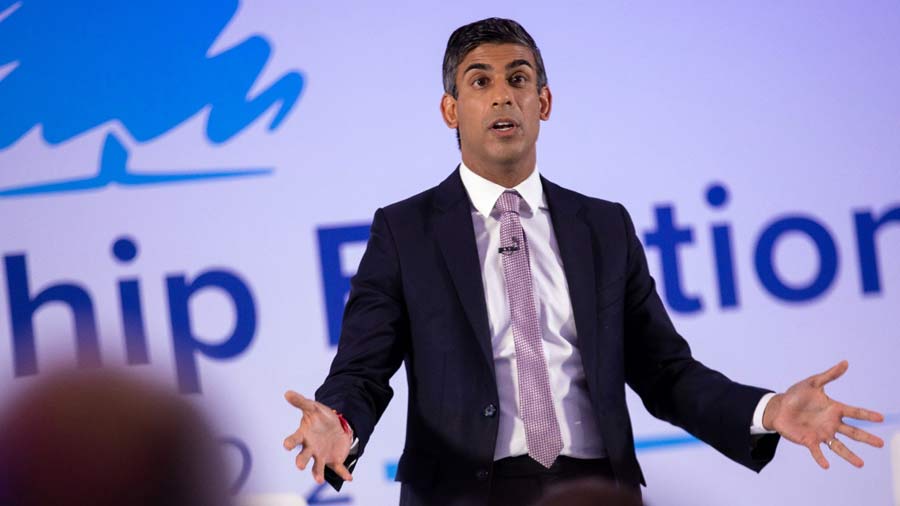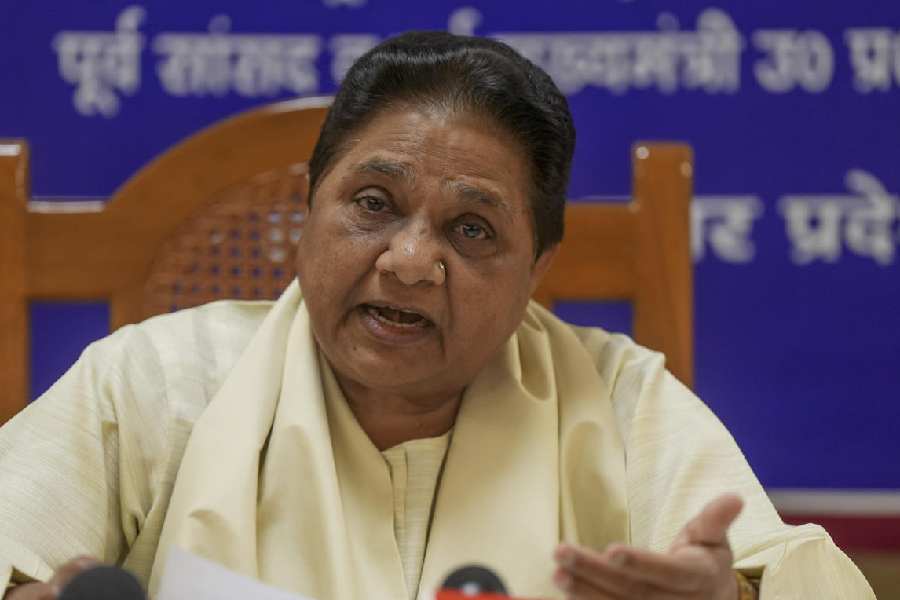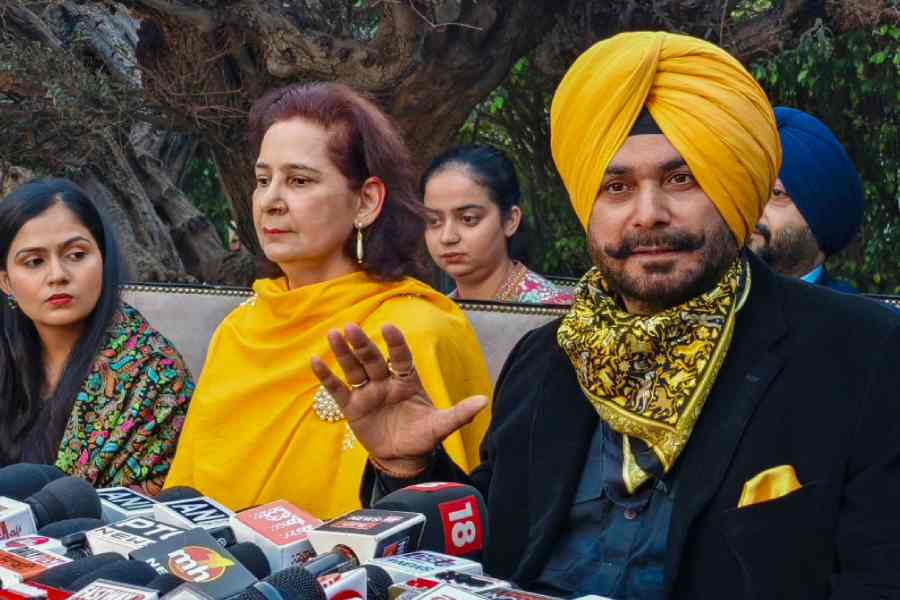Rishi Sunak’s government in Westminster has triggered a constitutional crisis by blocking the devolved Scottish parliament in Edinburgh from passing a Gender Recognition Reform that will make it easier for people to change their sex.
In a decision approved by the Prime Minister, Alister Jack, secretary of state for Scotland and a senior member of Rishi’s cabinet in London, announced he would use section 35 of the Scotland Act 1998 for the first time to halt the gender recognition bill following a review by UK government lawyers.
At the heart of the controversy is the definition of a woman, a tricky question which politicians are wary of addressing.
In an extreme case, can a man with male organs self-identify as a woman and use a female-only toilet?
This is an issue that has got author J.K. Rowling, creator of Harry Potter, in all manner of trouble, not least with Daniel Radcliffe, Emma Watson, Rupert Grint, and Eddie Redmayne who have opposed her stance.
Rowling has said her life had been “shaped by being female” and argued that “erasing the concept of sex removes the ability of many to meaningfully discuss their lives”.
The author, who lives in Edinburgh, posted a picture of herself with a T-shirt describing Nicola Sturgeon, leader of the Scottish National Party and Scotland’s First Minister, as a “destroyer of women’s rights” in support of a protest against the changes outside the Scottish parliament.
Just before Christmas, the SNP passed the Gender Recognition Reform (Scotland) Bill in the Scottish parliament at Holyrood by 86 votes to 39. Sturgeon had the support of the Labour party in Scotland, the Greens and the Liberal Democrats
The bill allows trans people to self-identify without a medical diagnosis of gender dysphoria, and lowers the minimum age that Scots can legally change their gender from 18 to 16. It also slashes the timescale for obtaining a gender recognition certificate from two years to three months for those over-18s.
Gender dysphoria is defined by the NHS as being caused by a “mismatch” between people’s biological sex (whether they were born physically male or female) and their gender identity (the way in which they see and describe themselves).
At present, applicants need to provide two medical reports, one from a specialist detailing their diagnosis and another listing any treatment or surgery they may have had to change their sexual characteristics.
They must also prove they have lived full-time in their acquired gender for at least two years — for example showing they have used a different name in official documents, or changed their gender on their driving licence or passport — and swear an oath that they intend to continue for the rest of their lives.
The Scottish government argues that the current process is too difficult and invasive, and causes distress to an already marginalised and vulnerable minority group.
However, some campaigners are concerned that allowing anyone to “self-identify” as a woman could impact the rights women have fought for decades to secure, which are themselves enshrined in equalities law.
There are also concerns about access to women-only spaces and services, including hospital wards.
Jack confirmed in the Commons on Tuesday why Sunak was opposing Sturgeon’s bill. He wrote to her on Monday informing her that an order would be tabled under section 35 of the Scotland Act to block the Holyrood Bill.
He highlighted the impact of her proposed legislation on “the operation of single-sex clubs, associations and schools, protections such as equal pay and chilling effects on single-sex spaces”.










